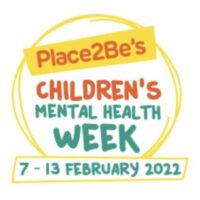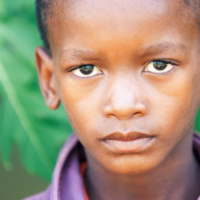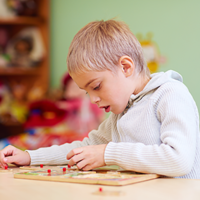Emotion
-

Emotional dysregulation in childhood and disordered eating and self-harm in adolescence: prospective associations and mediating pathways
Open Access paper from the JCPP – We examined prospective relationships between childhood emotional dysregulation and disordered eating and self-harm in adolescence; and social cognition, emotional recognition, and being bullied as mediators. Naomi Warne (pic) et al.
Read more -

Associations between emotion recognition and autistic and callous-unemotional traits: differential effects of cueing to the eyes
Open Access paper from the JCPP – We tested whether cueing to the eyes improved emotion recognition in relation to autistic and CU traits in a heterogeneous sample of children enhanced for social, emotional and behavioural difficulties. Virginia Carter Leno et al.
Read more -

Children’s Mental Health Week 2022
The theme of this year’s Children’s Mental Health Week is ‘Growing Together’. Our Vision is ‘Sharing best evidence, improving practice’, and to this end we urge you to take a look at the learning opportunities on our website and to share with your networks.
Read more -
Cognitive inflexibility contributes to both externalising and internalising difficulties in ASD
Children with autism spectrum disorder (ASD) commonly experience internalising and externalising symptoms, but the underlying cognitive mechanisms are unclear. In their latest study published in the Journal of Child Psychology and Psychiatry, Ann Ozsivadjian and colleagues examined the role of three cognitive factors that might contribute to these difficulties. Specifically, they hypothesized that intolerance of […]
Read more -

Finding strength from a bleak year
Professor Andrea Danese explains about the KeepCool project.
Read more -

Childhood behaviour patterns linked with romantic partnering in adulthood
Children with behavioural disorders, such as ADHD or conduct disorder, are more likely to experience partnership problems in adulthood, including partner conflict and lower relationship satisfaction.
Read more -

Child soldiers exposed to more violence and combat are at greater risk of mental health problems
Sadly, the involvement of children in armed conflict is increasing,1 and leads to a higher risk of developing mental health problems.
Read more -

Can childcare attendance reduce externalising behaviour in children exposed to adversity?
Childcare attendance has been proposed as a public health initiative to help close the developmental gap between children from disadvantaged families and their wealthier peers.1,2 Now, Marie-Pier Larose and colleagues have investigated whether childcare attendance might modify the association between exposure to family adversity early in life and later externalising behaviour by buffering cognitive function.
Read more -

How much do we really know about ‘Theraplay’ for young children?
‘Theraplay’ is an intervention that aims to enhance attachment, self-esteem and trust in others for children with behavioural, emotional or developmental difficulties. The intervention, founded on attachment theory,1 harnesses natural and playful interactions between caregivers and children to develop healthy and positive relationships.
Read more -

Cognitive inflexibility contributes to both externalising and internalising difficulties in ASD
Children with autism spectrum disorder (ASD) commonly experience internalising and externalising symptoms, but the underlying cognitive mechanisms are unclear. In their latest study published in the Journal of Child Psychology and Psychiatry, Ann Ozsivadjian and colleagues examined the role of three cognitive factors that might contribute to these difficulties.
Read more